Belfast ecologist's hot tips to keep up with 2024 garden trends
Gone are the days when garden trends lauded crisply mown lawns, a few nice flowers and bringing the inside out to enjoy the summer.
With the world’s climate and biodiversity crises raging around us, more sustainable trends have taken have taken firm roots for 2024 with people becoming more eco-conscious about how they use their outdoor space.
We’ve already seen a backlash against insect killing pesticides, garden plastics, plastic grass and peat-based compost.
Read more: Belfast Council 'cut and paste' parks plans slated over nature failings
But carefully manicured lawns and beds are also becoming a thing of the past, with more of us planting with ourselves and wildlife in mind.
Edible gardens are becoming a thing and with the rising cost of food, that’s no surprise.
But this year, you will also see more people letting large parts of their lawns grow for the bees, butterflies and other insects who rely on our native and wild flowers for sustenance.
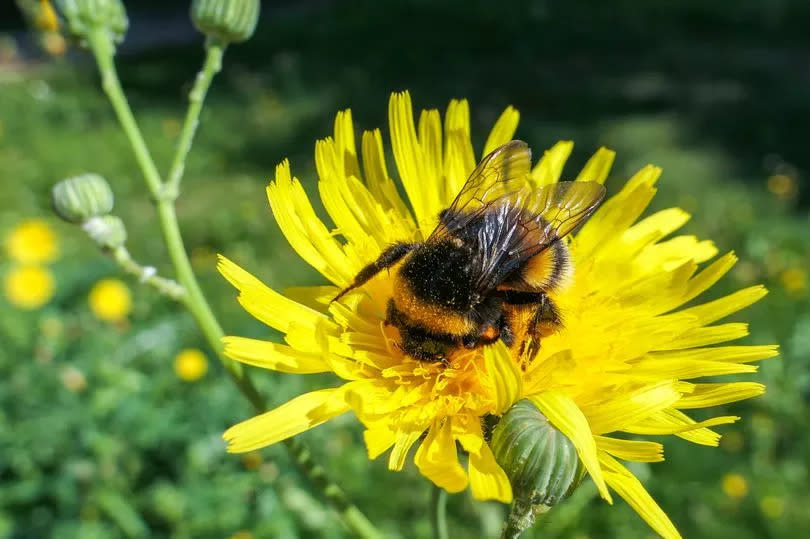
Dandelions are not the enemy - and many have caught on to that fact - but some still have a bit of catching up to do.
People are also looking to manage their garden in more regenerative ways with more resilient plants that can withstand the growing extremes we now face.
We spoke to Irish ecologist, Conor McKinney from Starling Ecology, about some things we can all do to keep up with this year's garden trends and help wildlife.
He says: “Regardless of what we plant or do, mowing is the death knell for garden wildlife.
“Try not to now between March and October, and limit cuts to an autumn cut and an early spring cut, that way your garden is best able to support biodiversity and when you do mow, only mow sections, leaving areas wild.
“Less work so that you can take more time to enjoy your space and enjoy the return of the wildlife your efforts are resulting in.
“Diversity of habitat can also be good for birds, ponds can give them habitat to bathe, and bare, sandy soil can give them the ability to dustbathe and remove all those pesky parasites.”
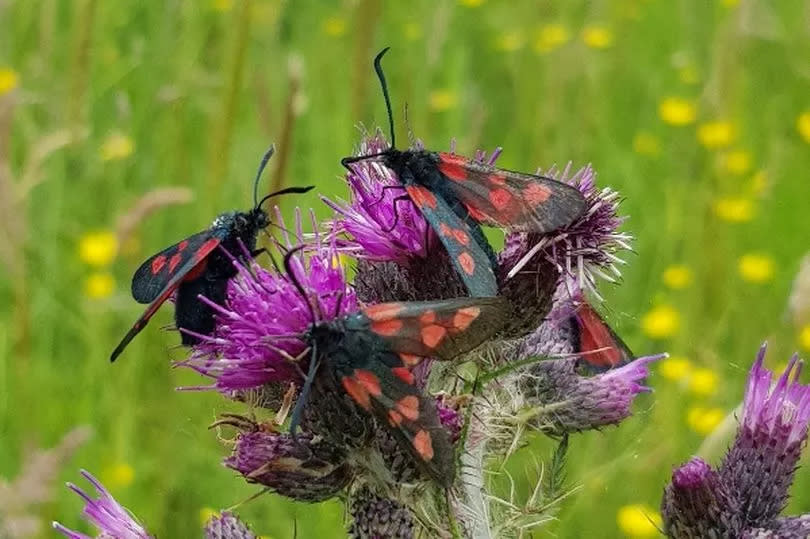
Conor also advises we “choose plants carefully” to help pollinators like bees and butterflies or even hoverflies and mammals and change “our perspective on ‘weeds’ which are Wildflowers after all” if we want to help the likes of butterflies.
He added: “You want to make sure that your garden provides nectar throughout the year which usefully also means colour!
“Leave parts, such as corners or corridors alongside your hedge, of your garden that little bit wilder and biodiversity will thank you.
Plants that help
May to June
Birds foot trefoil
Bush vetch
Hawthorn
Honeysuckle
Kidney vetch
Red Campion
Summer Heather
Thyme
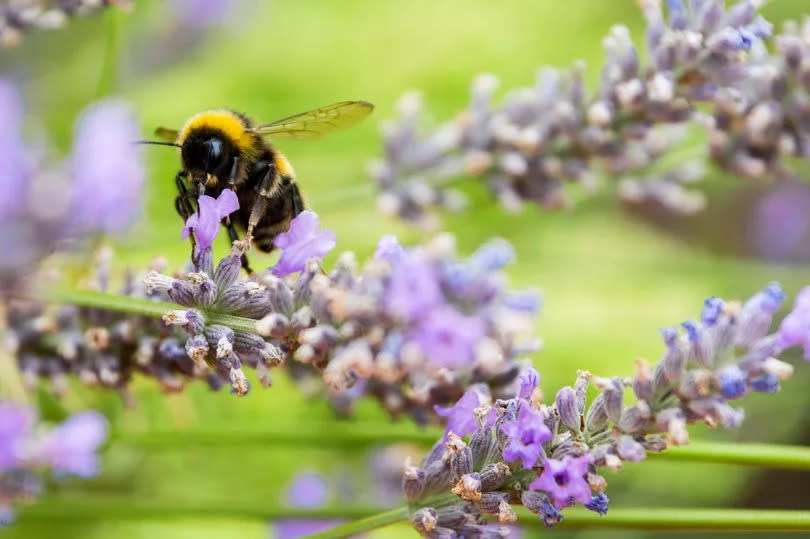
July to November
Bramble
Cinquefoil
Cornflower
Ice plant
Ivy
Knapweeds
Lavender
Mint
Purple loosestrife
Scorpion Weed
Thistles
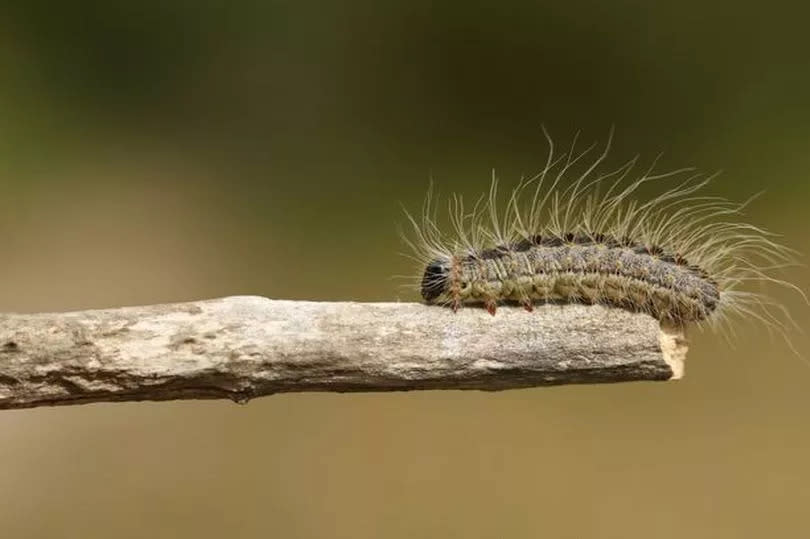
These plants encourage caterpillars
Birds foot trefoil (larval plant of Common blue)
Cuckoo flower (orange tip butterfly)
Common nettle (Peacock, small tortoiseshell, red admiral butterfly)
Grasses (specificallyAgrostis sp. and Dactylis glomerata)
Ivy (Holly blue)
Nasturtium (large white, small white, green veined white)
Thistles (painted Lady)
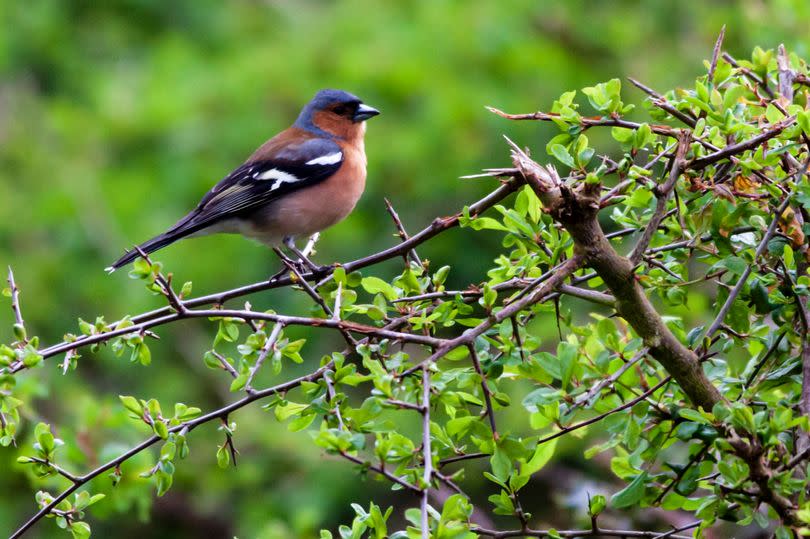
Other hot tips to keep up with 2024 gardening trends include:
Grow trees and fruit trees to promote biodiversity
Having a wider variety of native plants to support hoverflies which keep garden pests at bay
Letting dead wood lie beside ponds and in wetter areas to provide homes for insects
Ponds or even buckets of water left to fill with rainwater
Create bumblebee nests with an upturned ceramic pot buried in the garden or an old length of hose
Insect hotels for cavity nesting bees just make sure they’re at least 10cm deep
A large log or dead wood can also be drilled from 4-10mm in diameter to attract different types of bees - make sure it’s in a southerly aspect, bees love the sun!
Sandy banks to provide a perfect home for mining bees
Bird boxes or nesting bricks for birds
Mammals like pygmy shrews and hedgehogs will also benefit from areas left to go a little wilder as foraging and nesting habitat
Find out more at www.starlingecology.co.uk
For all the latest news, visit the Belfast Live homepage here and sign up to our daily newsletter here.

 Yahoo News
Yahoo News 
